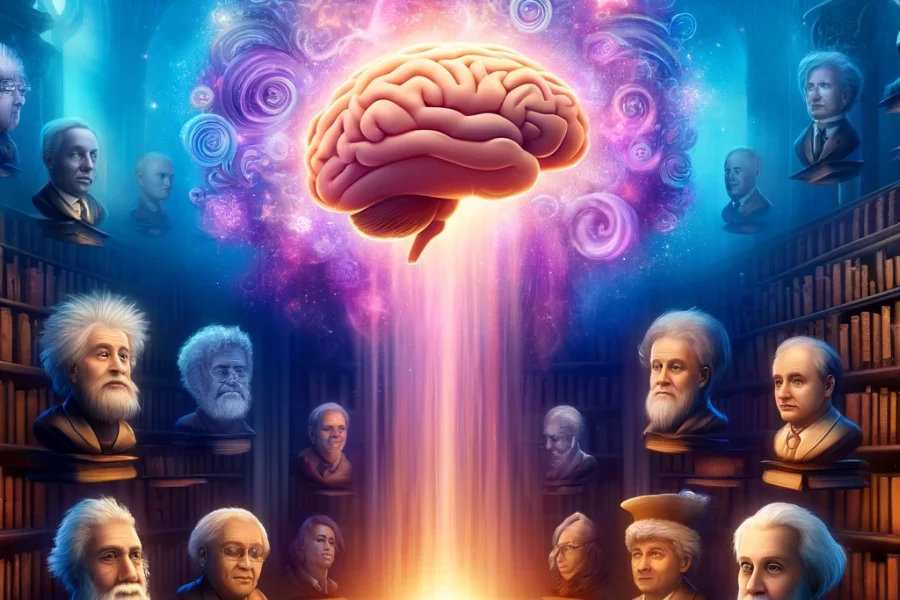Title: What is Magnus Carlsen’s IQ?

Magnus Carlsen, born November 30, 1990, in Norway, has revolutionized the world of chess. Known as the “Mozart of Chess,” he’s widely considered the greatest player in history, having dominated the sport for over a decade. His journey began at age five when a simple desire to beat his elder sister at chess sparked what would become an extraordinary career.
Carlsen’s prodigious talents emerged early, displaying remarkable feats of memory including memorizing the areas, populations, and flags of numerous countries, solving complex puzzles, and eventually mastering simultaneous blindfolded chess games. He held the World Chess Championship title from 2013 to 2022, when he voluntarily stepped down while still at the peak of his powers. His peak FIDE rating of 2882 remains the highest ever achieved, and he continues to dominate rapid and blitz chess formats.
Given his extraordinary achievements, many wonder about Carlsen’s intellectual capacity. While some sources claim his IQ exceeds 180 (placing him in the profoundly gifted range), there’s no verified evidence supporting these assertions. Despite being arguably the most talented chess player in history, it’s important to note that chess skill and IQ have a more complex relationship than commonly assumed. With no official IQ test results available, we must rely on historiometric analysis to estimate his cognitive abilities.
Looking at other chess legends provides useful context. Bobby Fischer’s documented IQ was 155, while Garry Kasparov’s was measured at 135. Other contemporary grandmasters like Hikaru Nakamura and Judit Polgar also fall within the highly gifted, but not profoundly gifted, range. What’s particularly notable is that all these players share one crucial characteristic: early exposure to chess. This early start takes advantage of childhood neuroplasticity through synaptic pruning, potentially explaining their exceptional abilities more than raw intelligence alone.
Carlsen’s cognitive profile shows particular strengths in specific areas. His memory capabilities are extraordinary, demonstrated by his ability to recall thousands of chess positions and games played throughout history. His visualization abilities are equally impressive, enabling complex calculations and simultaneous blindfold chess games against multiple opponents.
While there’s less data about his verbal and nonverbal abilities outside chess, observational evidence from interviews and public appearances suggests strong general cognitive capabilities, conservatively estimated at the 98th percentile.
Using comprehensive algorithmic analysis and weighted averages of these various cognitive domains, we estimate Carlsen’s IQ likely falls between 143 and 163 (representing the range from 1 in 500 to 1 in 75,000 individuals). This estimation, while not definitive, aligns with what we know about other chess champions and accounts for Carlsen’s demonstrated abilities across multiple cognitive domains. Claims of higher IQs in the 180-190 range remain unsubstantiated. Research consistently shows that chess excellence correlates more strongly with early training and dedicated practice than with raw intelligence scores.
If you wish to take a FREE IQ test, you can find it here.



Leave a Comment